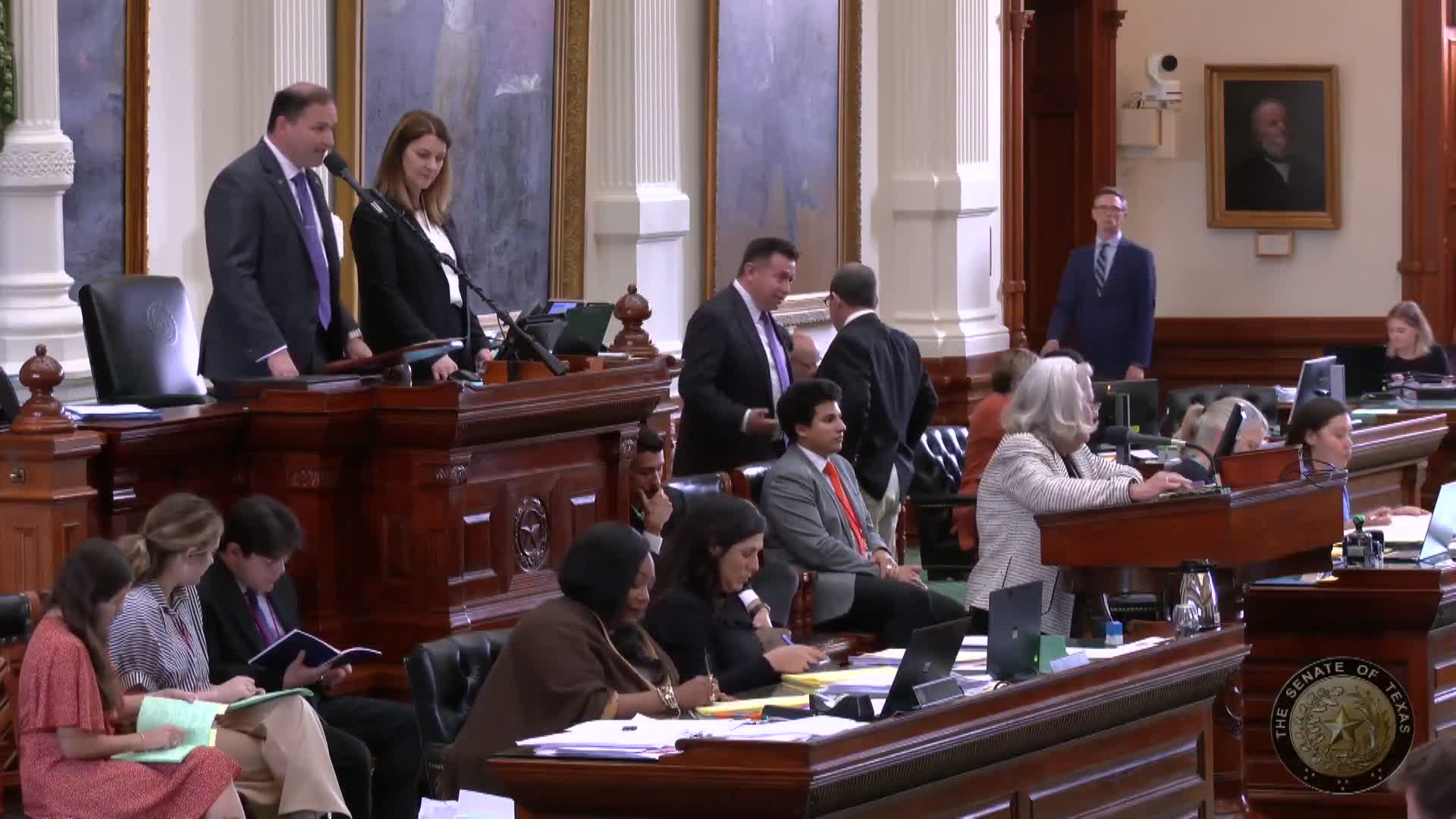Article not found
This article is no longer available. But don't worry—we've gathered other articles that discuss the same topic.
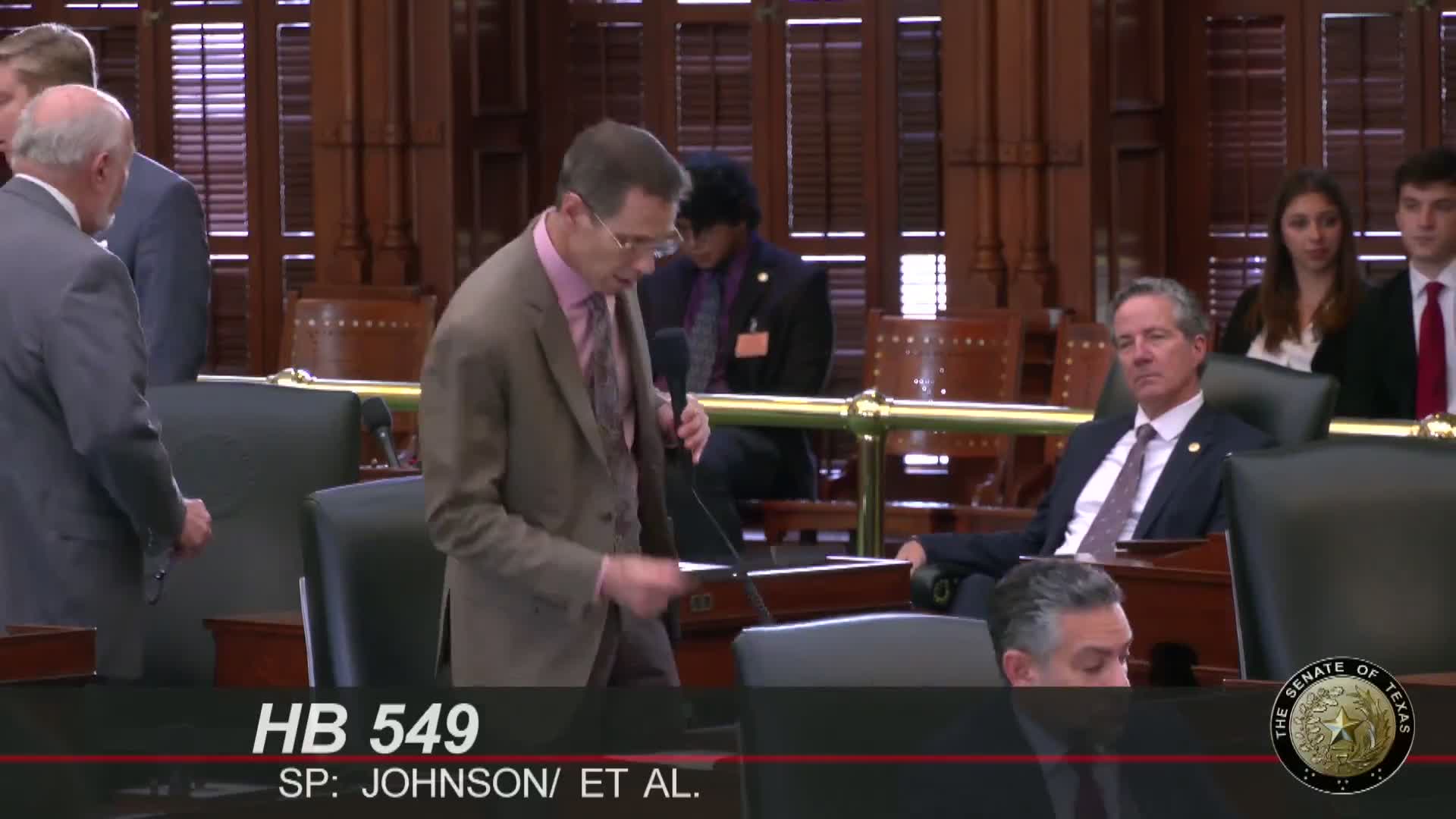
Senate approves bill allowing schools to acquire airway-clearance devices through donations and partnerships
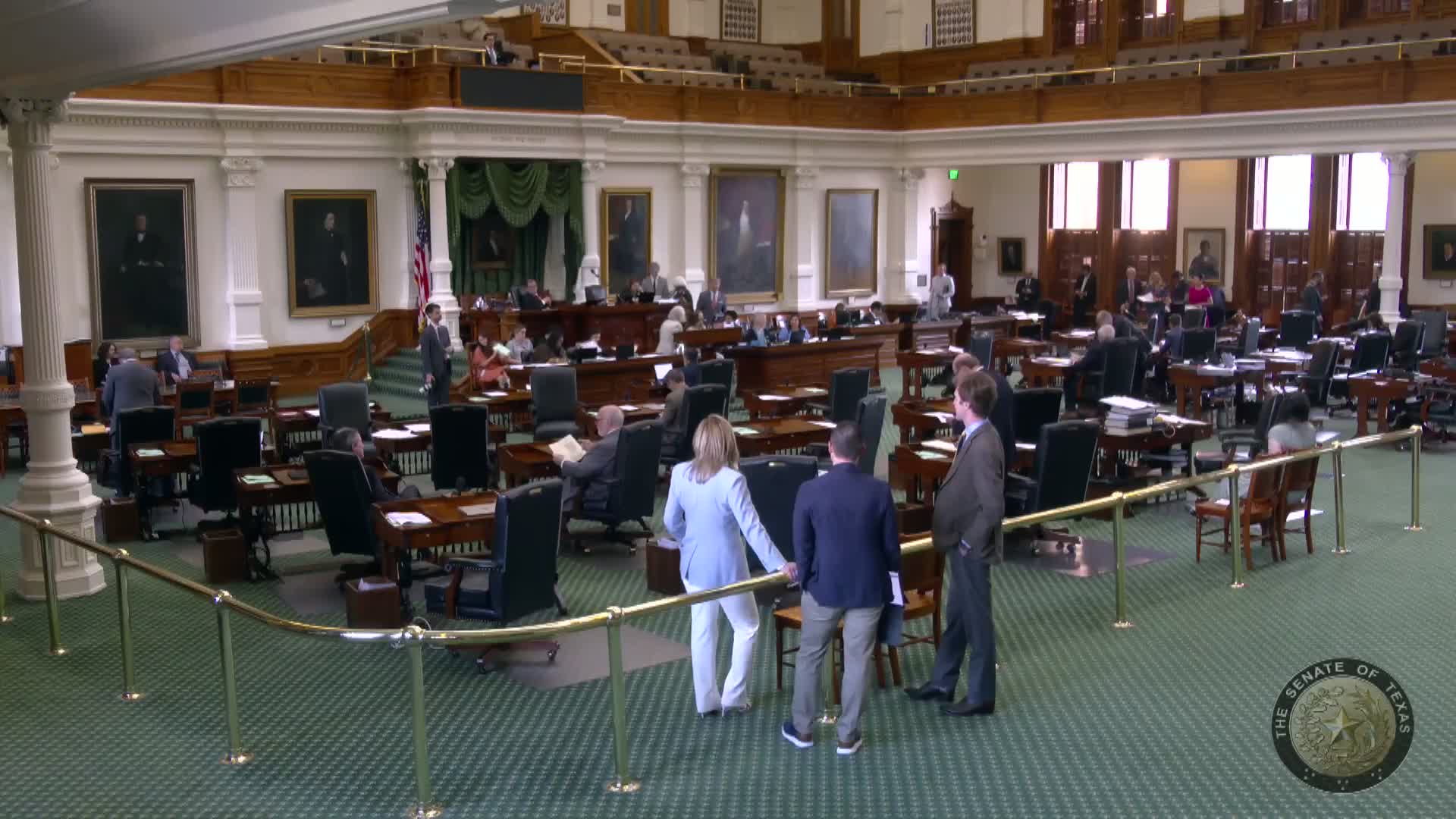
Senate passes measure aimed at protecting higher-education research from foreign adversaries
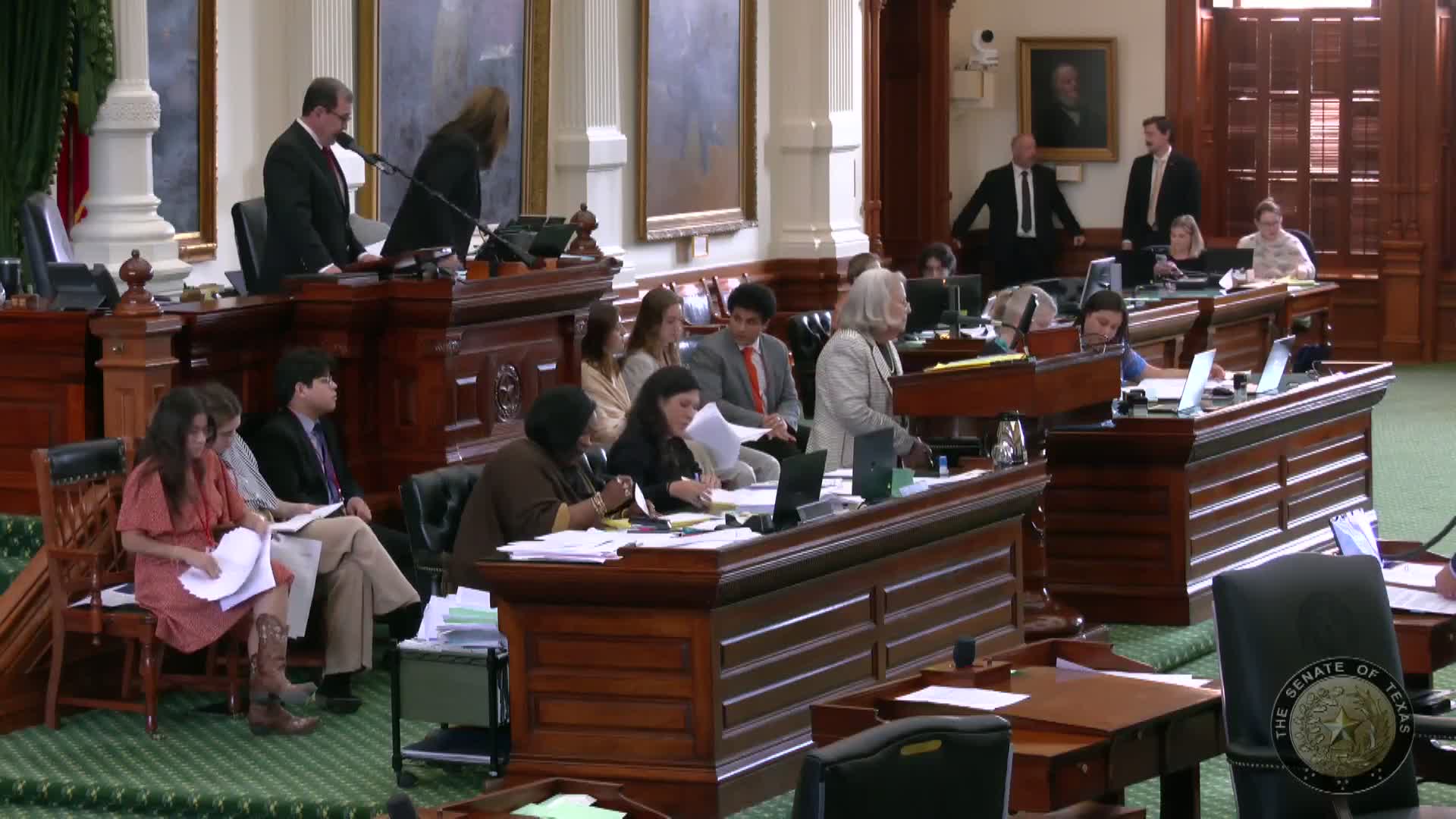
Senate approves measure allowing fuel sellers flexibility across meridian to ease supply burdens
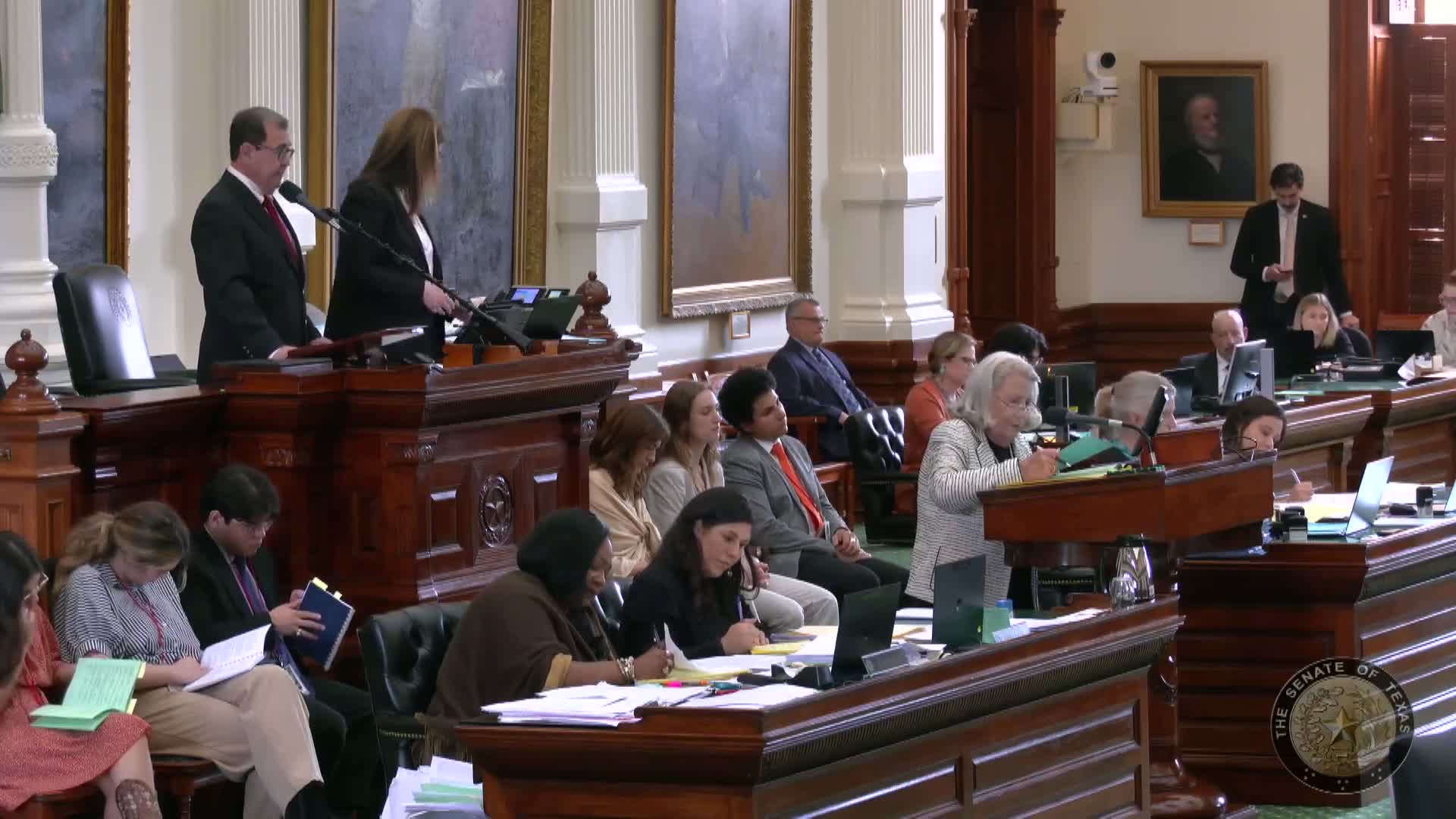
Senate concurs with House on data-center electricity bill after negotiation; sponsors call it a template for other states
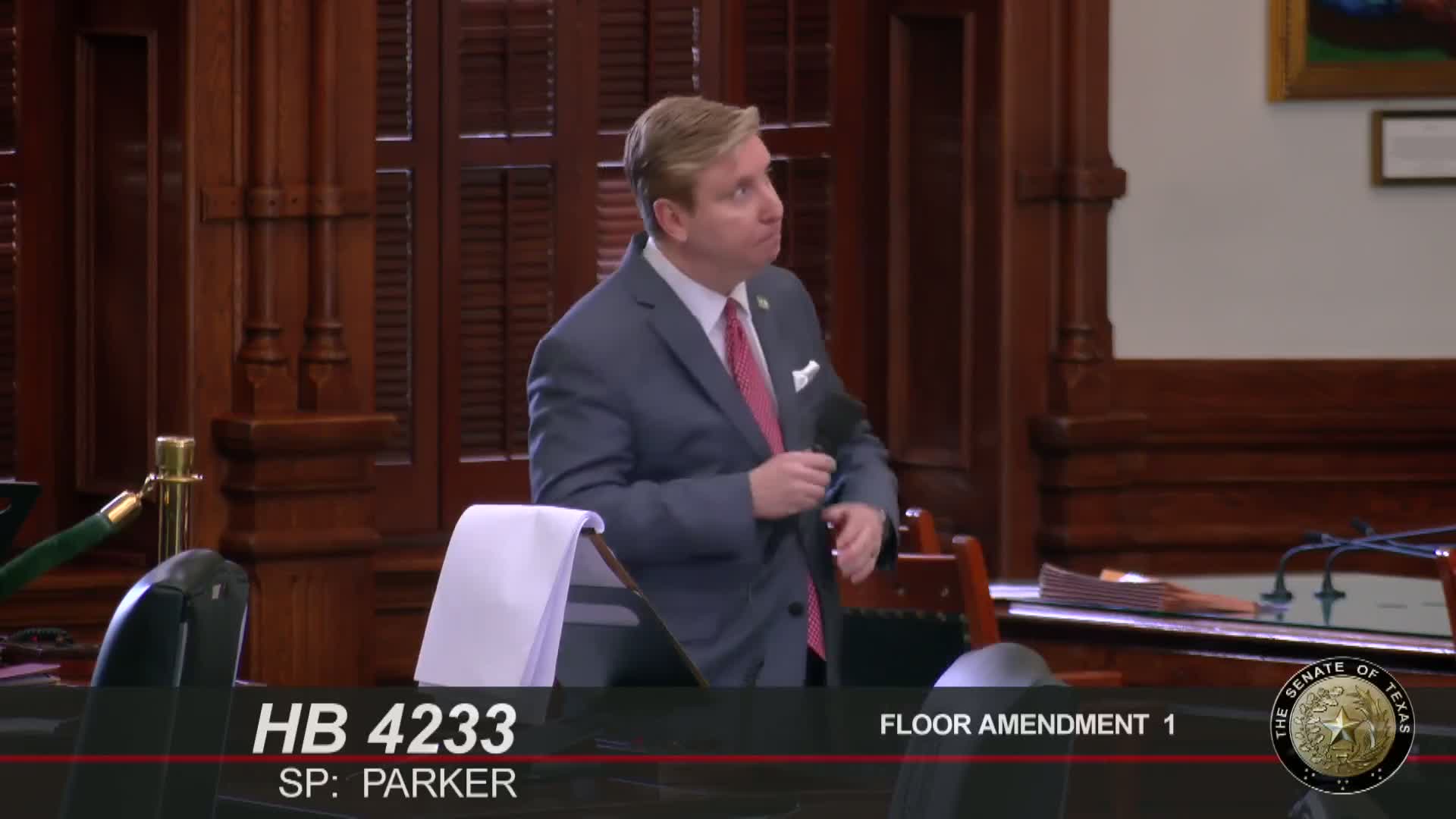
Senate passes bill updating reporting and auditing rules for digital asset providers, adds crypto-kiosk consumer protections
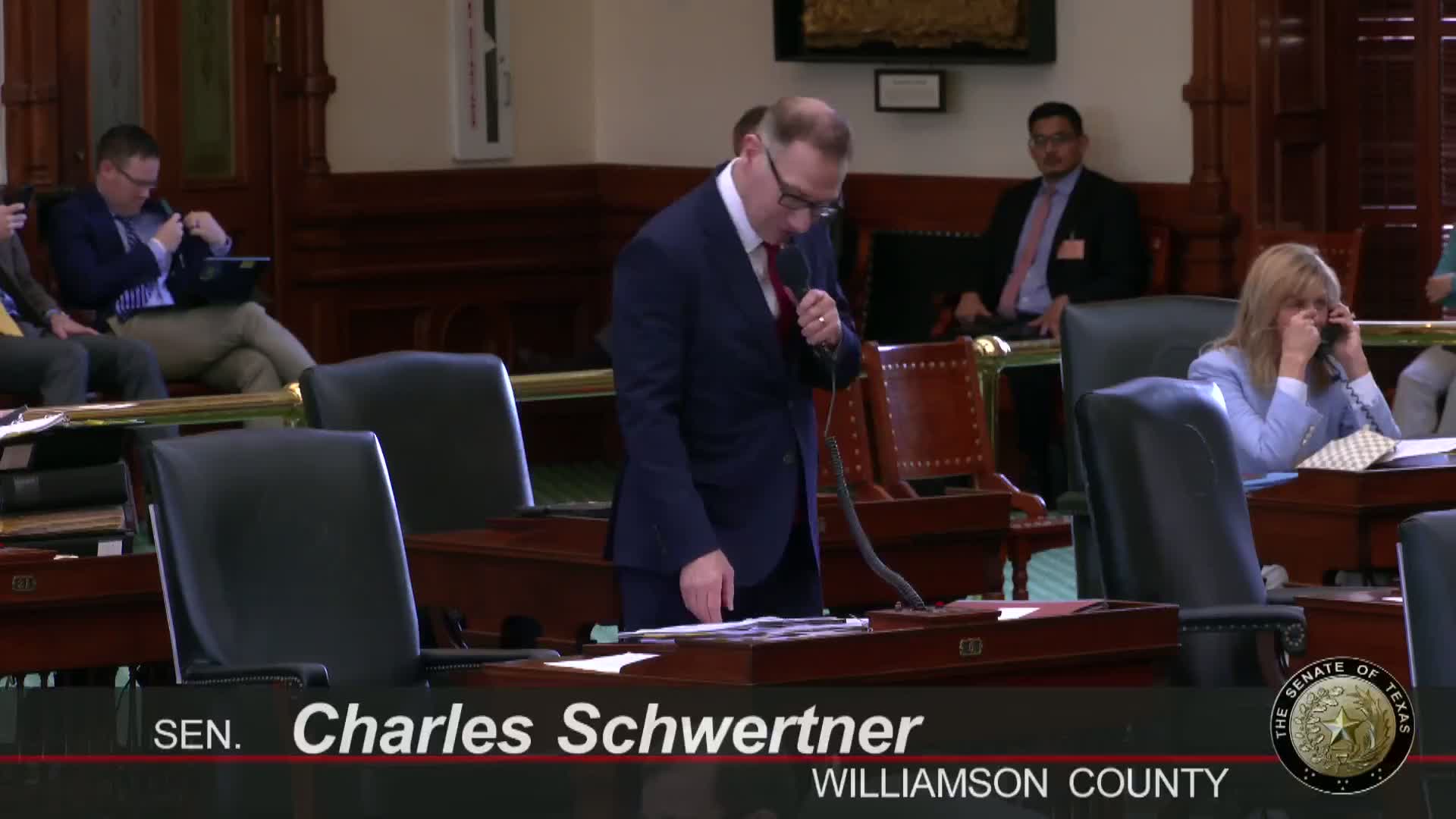
Senate passes House-backed Applied Sciences Pathway program for high school certificates
